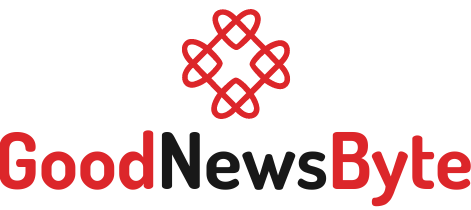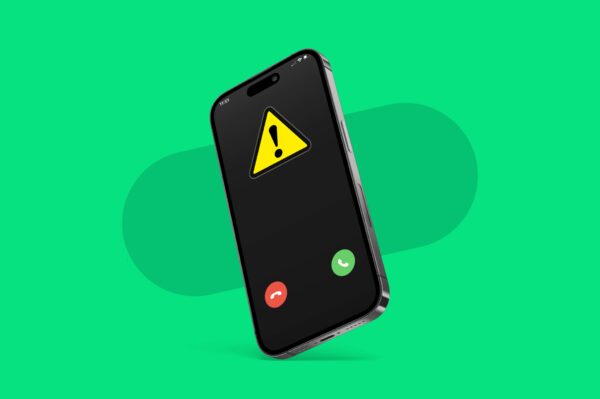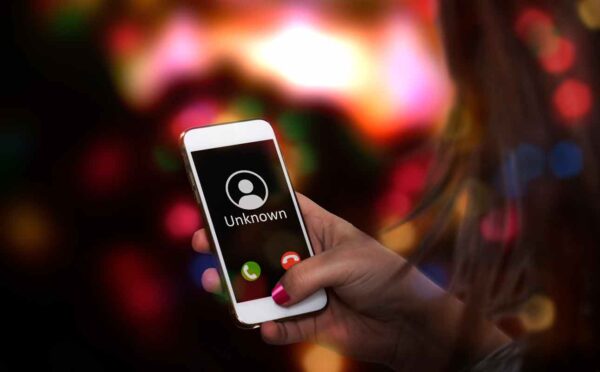Philanthropists George Soros and Gates are a part of a consortium buying a UK developer of testing technology they decide to transform into a social enterprise which will quickly and cheaply diagnose tropical diseases in low-income countries.
The group, led by the Soros Economic Development Fund, will invest a minimum of £30m in Mologic, a developer of lateral flow tests including those used for Covid-19.
In an unusual deal, Mologic, a for-profit company based in Bedford in south-east England, has been bought so it can specialise in the low-cost manufacture of diagnostics for tropical diseases like dengue and onchocerciasis .
Mologic was co-founded by professor Paul Davis, one among the creators of the first ClearBlue bioassay and his son Mark. it’ll be renamed “Global Access Health”.
Mark Davis, Mologic chief executive, said it had been time for people to place Africa first, not leave it the “breadcrumbs”the only thanks to do more was to delink ourselves from unbridled profiteering,” he said.
He said a rapid antigen test was a “fantastic piece of very simple technology, where all the intellect is hidden from view”. Accuracy rates were improving considerably and might eventually near those of molecular tests, he added.
Alongside the SEDF, the investment arm of the Soros’s society Foundations, the Bill & Melinda Gates Foundation is additionally backing the buyout of the united kingdom company whose current owners include Foresight Group LLP and Calculus Capital. Other philanthropists also are participating.
Sean Hinton, the SEDF’s chief executive, said the new company would attempt to address a “classic market failure” during which the industry had did not make testing widely available in lower income countries. Instead it had focused on a “high cost, high touch” physician-led model within the developed economies, which couldn’t be easily replicated across the planet , he added.
Describing it as a “buyout for good”, Hinton said the Mologic deal was the primary time the inspiration had used this model. “We have taken out the risk capital , taken out the necessity for equity return, but it’ll still operate as a business,” he said.
Mologic worked with a Senegalese research institute to check a 10-minute Covid-19 diagnostic, getting to eventually make it for $1. Its sister company Global Access Diagnostics, also a part of the buyout, received many pounds in funding from the united kingdom to expand manufacturing of Covid-19 lateral flow tests.
The company’s Covid-19 tests have received a CE certification, in order that they are often deployed by knowledgeable in Europe, but aren’t yet adopted by Public Health England or approved within the US.
Covid-19 has shown how lateral flow diagnostics might be used far beyond pregnancy tests, in a cheap thanks to keep track of an communicable disease .
Dan Wattendorf, director of innovative technology solutions at the Gates Foundation, said the pandemic had been a “clarion call” about the importance of access to diagnostics. He said that if Mologic’s social enterprise model is successful, its use might be explored in other fields.
“Lack of community access to affordable, effective diagnostics for COVID—or other high-risk diseases—results in an inability to detect disease and direct resources to interrupt chains of transmission,” he said.


